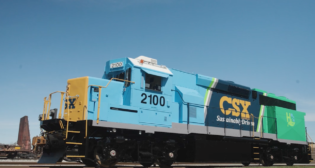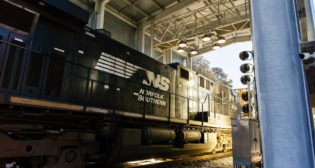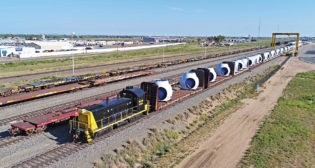
Transit Budget Briefs: BART, MARTA
Written by Marybeth Luczak, Executive Editor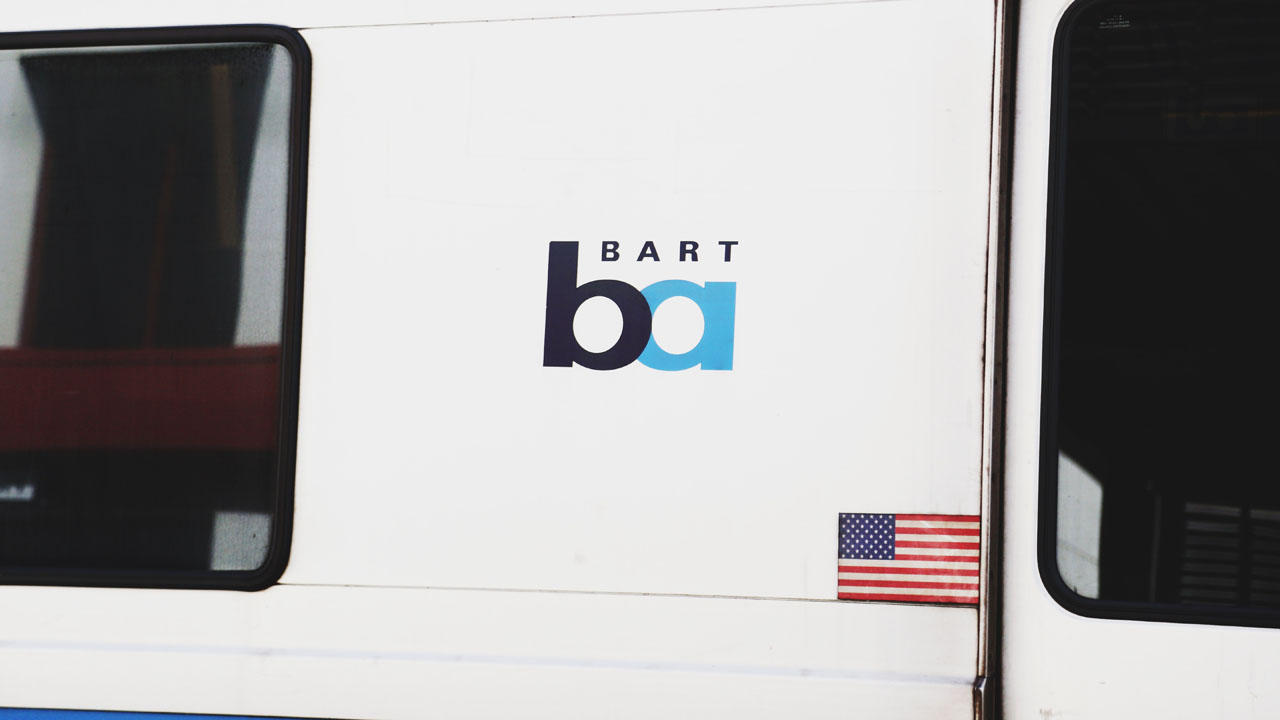
The San Francisco Bay Area Rapid Transit District (BART) Board has approved an operating and capital budget for Fiscal Year 2023 and a proposed budget for FY 2024, including a 3.4% fare increase. Also, the Metropolitan Atlanta Rapid Transit Authority (MARTA) Board has adopted a FY23 budget.
The BART Board on June 9 approved a FY23 operating and capital budget of $2.5 billion, effective July 1, 2022, as well as a proposed FY24 budget. The Board elected to switch from a one-year to a two-year approval process in “more strategic approach to long-term financial planning.”
The budget reinstitutes a 3.4% fare increase that was originally scheduled to go into effect Jan. 1, 2022, but was delayed by six months. “The fare increase, well below the current rate of inflation, is needed to keep up with the cost of providing safe and reliable service,” BART said. “It’s expected to generate about $15 million in additional revenue over FY23 and FY24.”
The agency said that the budget funds two service changes. Beginning in September 2022, trains will run with more consistent intervals. Currently, evening service through San Francisco seven days a week and on Sundays has trains that are not well spaced because of single tracking for rebuilding work, BART said. This pattern will come to an end, and trains will be better spread apart, reducing wait times for many riders. In February 2023, BART anticipates investing in Saturday evening service by running five-line service until close, which increases frequency and reduces transfers for many riders.
“Simplifying the schedule is important,” BART Board President Rebecca Saltzman said. “Reducing wait times and having trains depart at more evenly spaced intervals better fits the way people travel. Using transit should be easy. The service plan enabled by this budget makes taking BART more convenient and less complicated.”
The budget also supports the acceleration of hiring and training of more train operators and additional rail controllers, BART said.
For FY23, the largest amounts of capital funding will be directed toward purchasing new railcars, Measure RR rebuilding projects, and the Core Capacity Program to significantly increase service levels, the agency reported.
In related developments, BART in February began accepting deliveries of Fleet of the Future railcars from Alstom, following a pause in early 2021 due reliability issues.
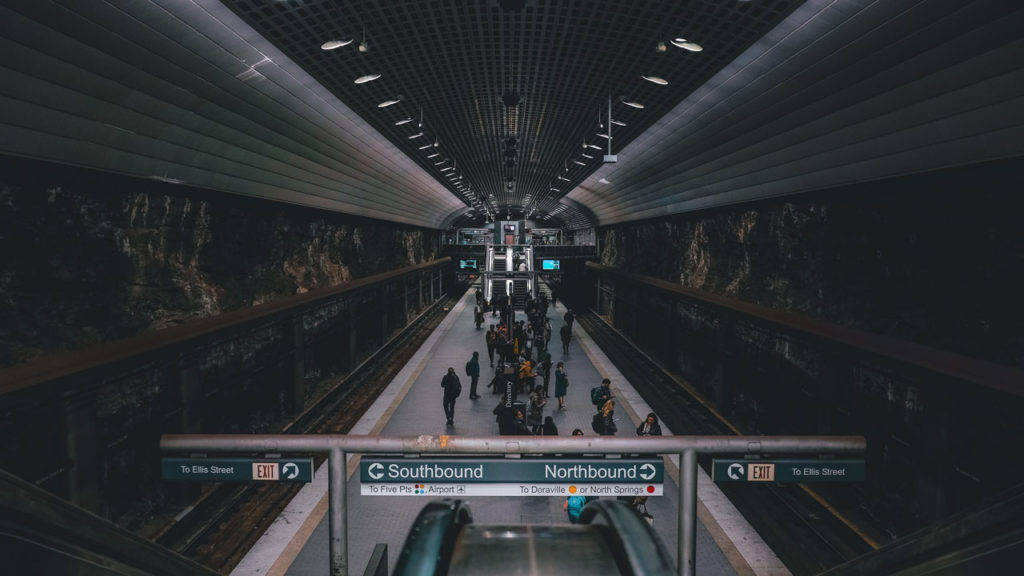
MARTA’s Board on June 9 adopted a $1.3 billion budget for FY23, which includes $587.6 million in operating funds and $717 million for capital programs. It’s the 11th consecutive year without a fare increase. MARTA reported that it “relies more heavily on sales tax revenue than some peer transit agencies, and with those revenues experiencing strong growth, combined with the last draw down from the federal COVID relief money, the Authority is well-positioned to resume pre-COVID operation levels and advance its capital improvement program.”
The capital budget includes more than $70 million for the multi-year Station Rehabilitation Program, with Five Points and Bankhead slated for train platform renovation and extension, respectively. Close to $40 million is budgeted for the procurement of new railcars. The design of the 254 cars on order from Stadler debuted in January and the $646 million price tag represents the largest single capital investment ever made at MARTA, the agency noted. The first car is set to arrive in metro Atlanta in 2025. State-of-good-repair projects, such as ongoing track replacement, continue.
MARTA said it is also budgeting $9 million this fiscal year for the SMART Restroom Program that is slated to upgrade restrooms systemwide over the next few years, “making them cleaner, safer, and ‘smarter,’ alerting station maintainers when supplies are low or the space needs attention.”
“While this has been a difficult year for the MARTA family, we remain focused on our customers and taking care of the system we have today while developing an equitable, more connected transit system of the future, thoughtfully and with fiscal responsibility,” MARTA Board Chair Rita Scott said.
(MARTA General Manager and CEO Jeffrey A. Parker died on Jan. 14.)
“The biggest problem facing the transit industry right now, and frankly, most industries, is a shortage of workers,” MARTA interim General Manager and CEO Collie Greenwood added. “We are using every hiring platform and tool at our disposal to hire and train operators as ridership recovers. We are aggressively recruiting employees, holding frequent job fairs, and offering signing bonuses in order to stay competitive. As people return to MARTA, we must be able to meet the service demand.”
